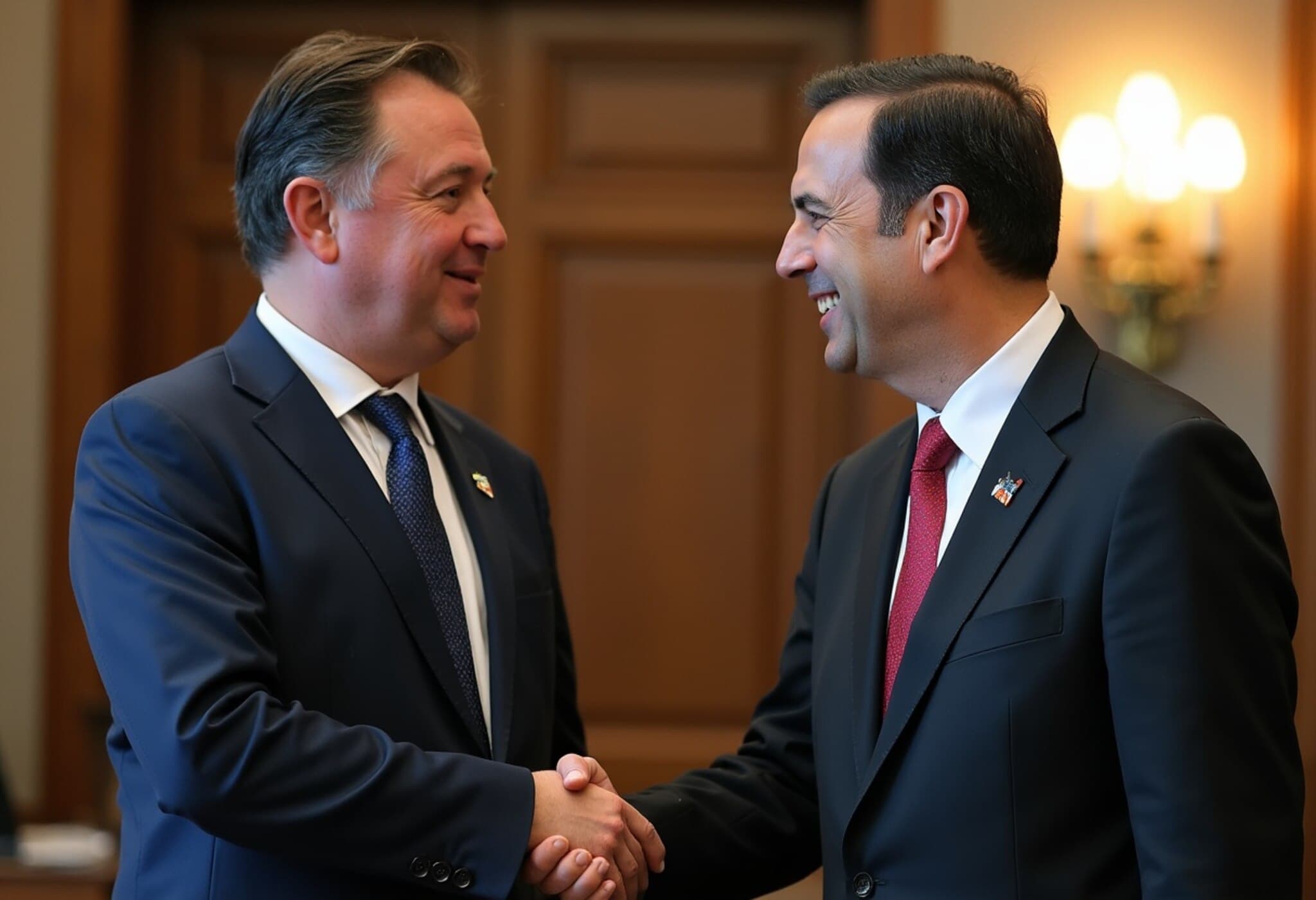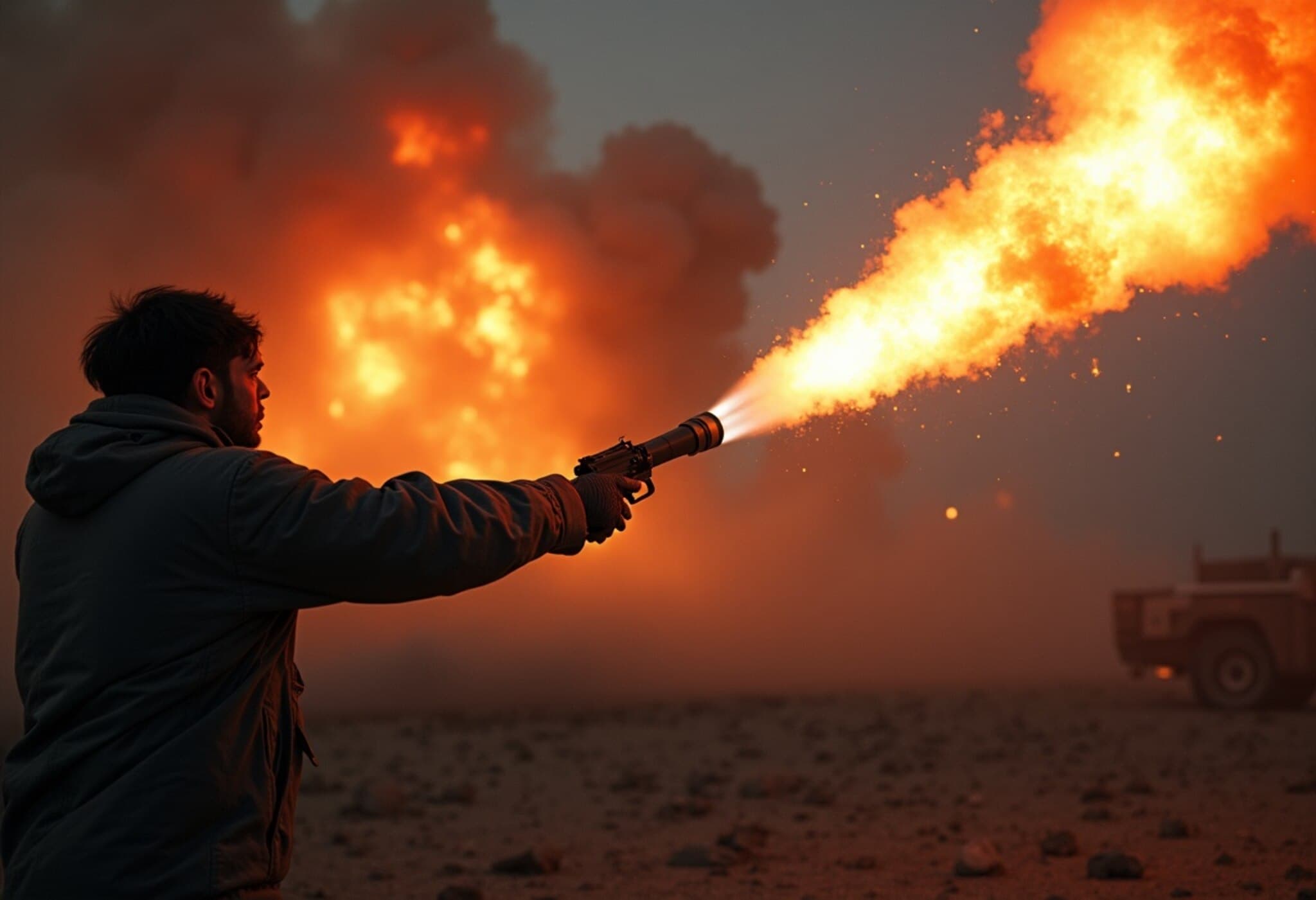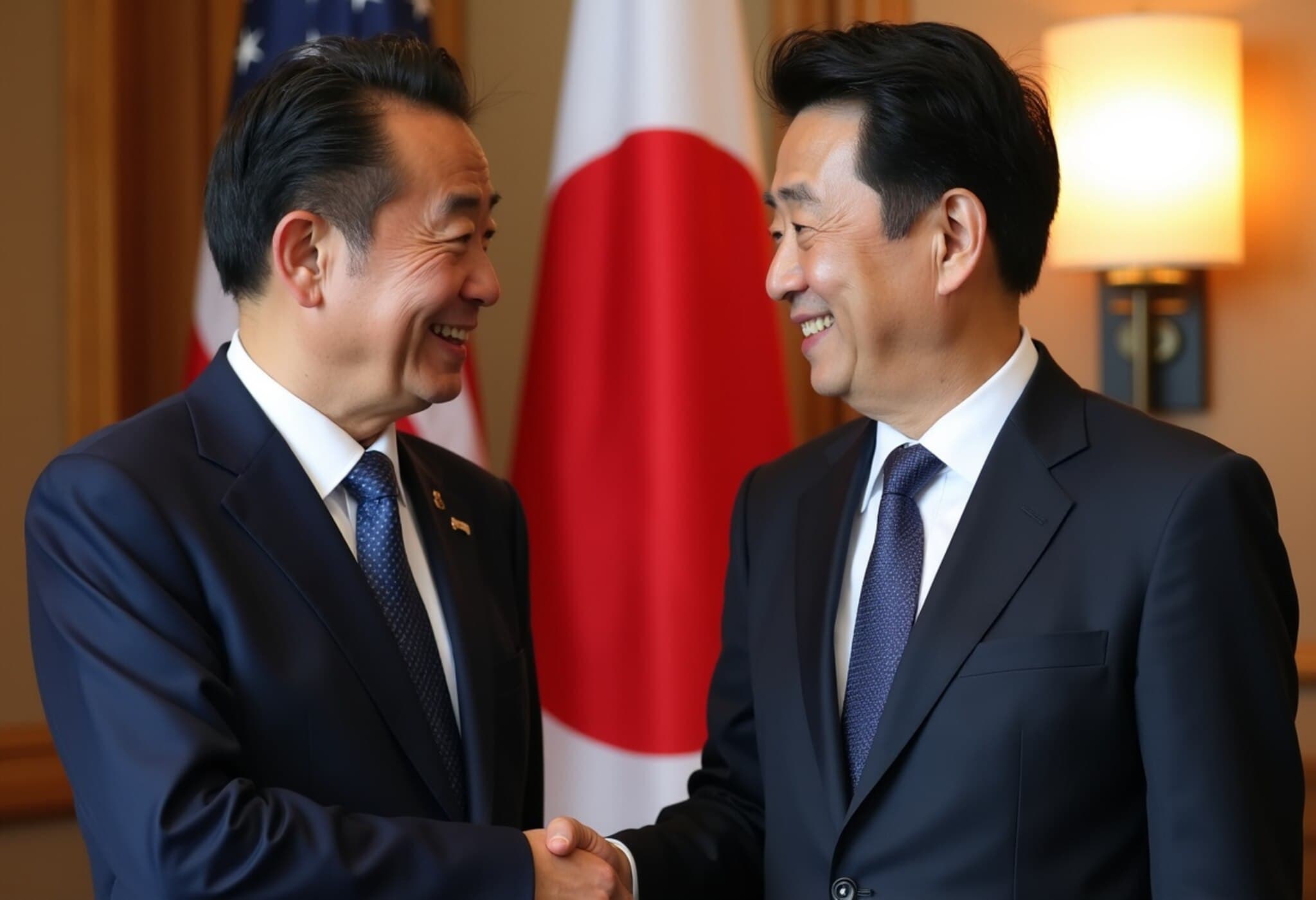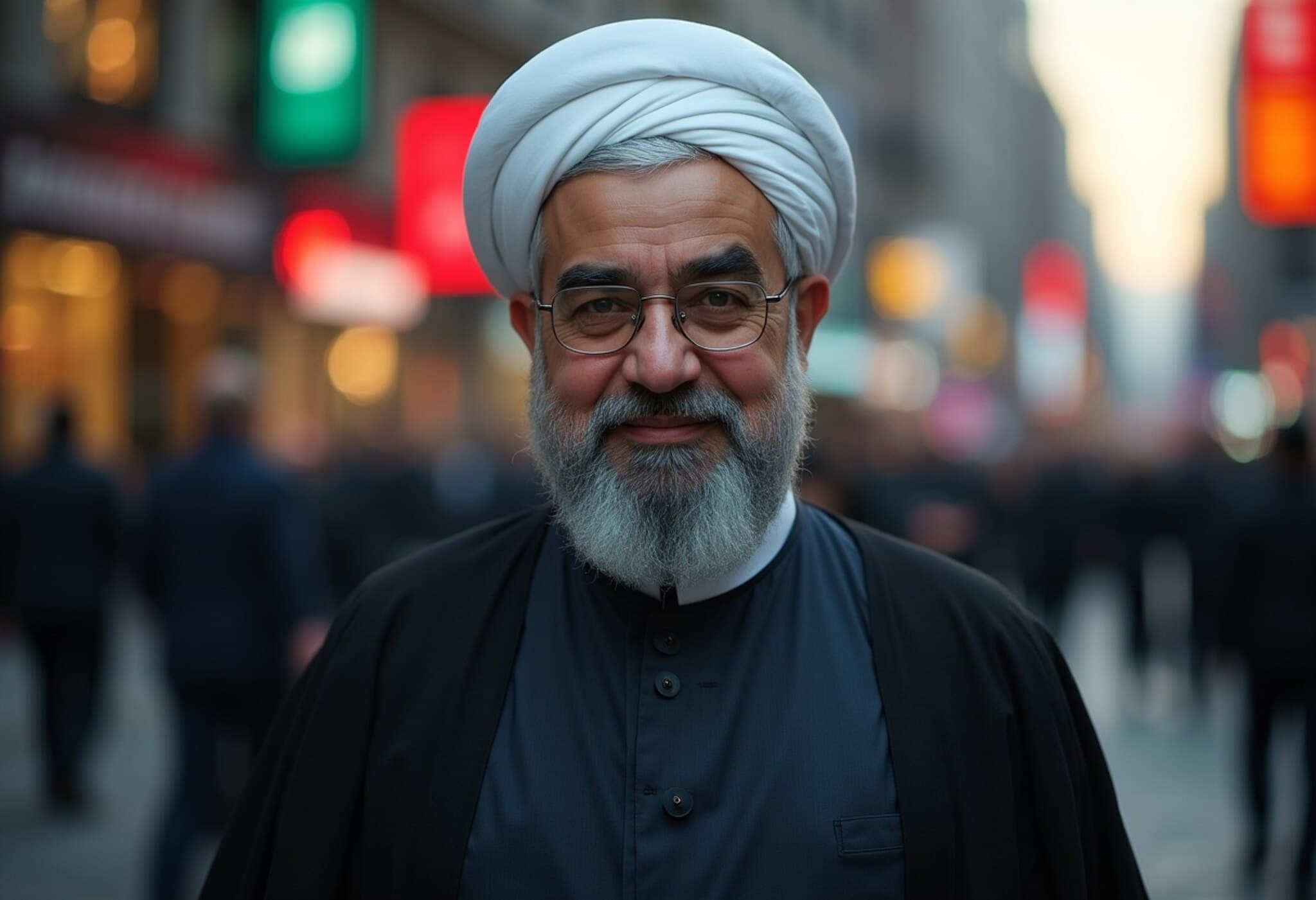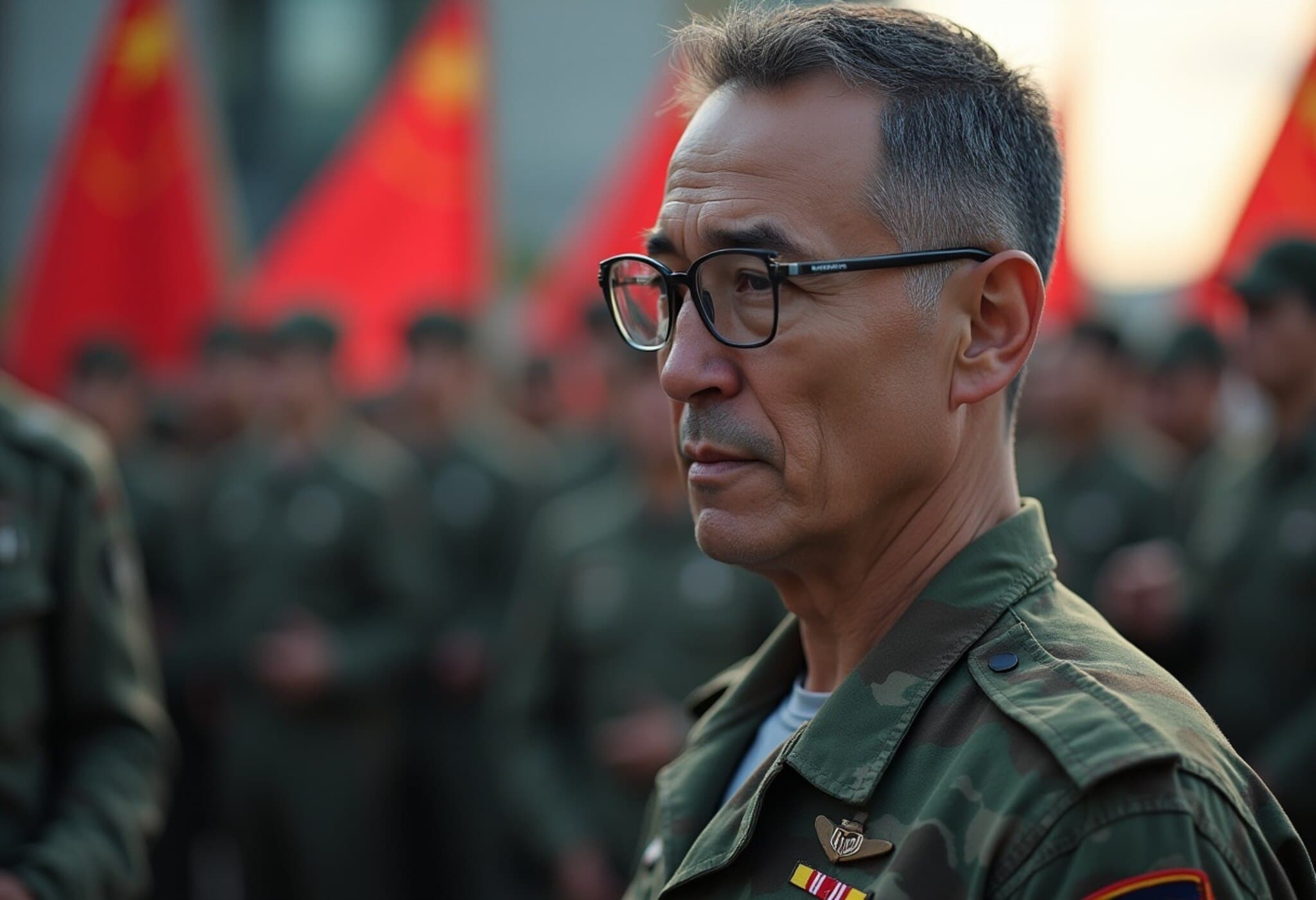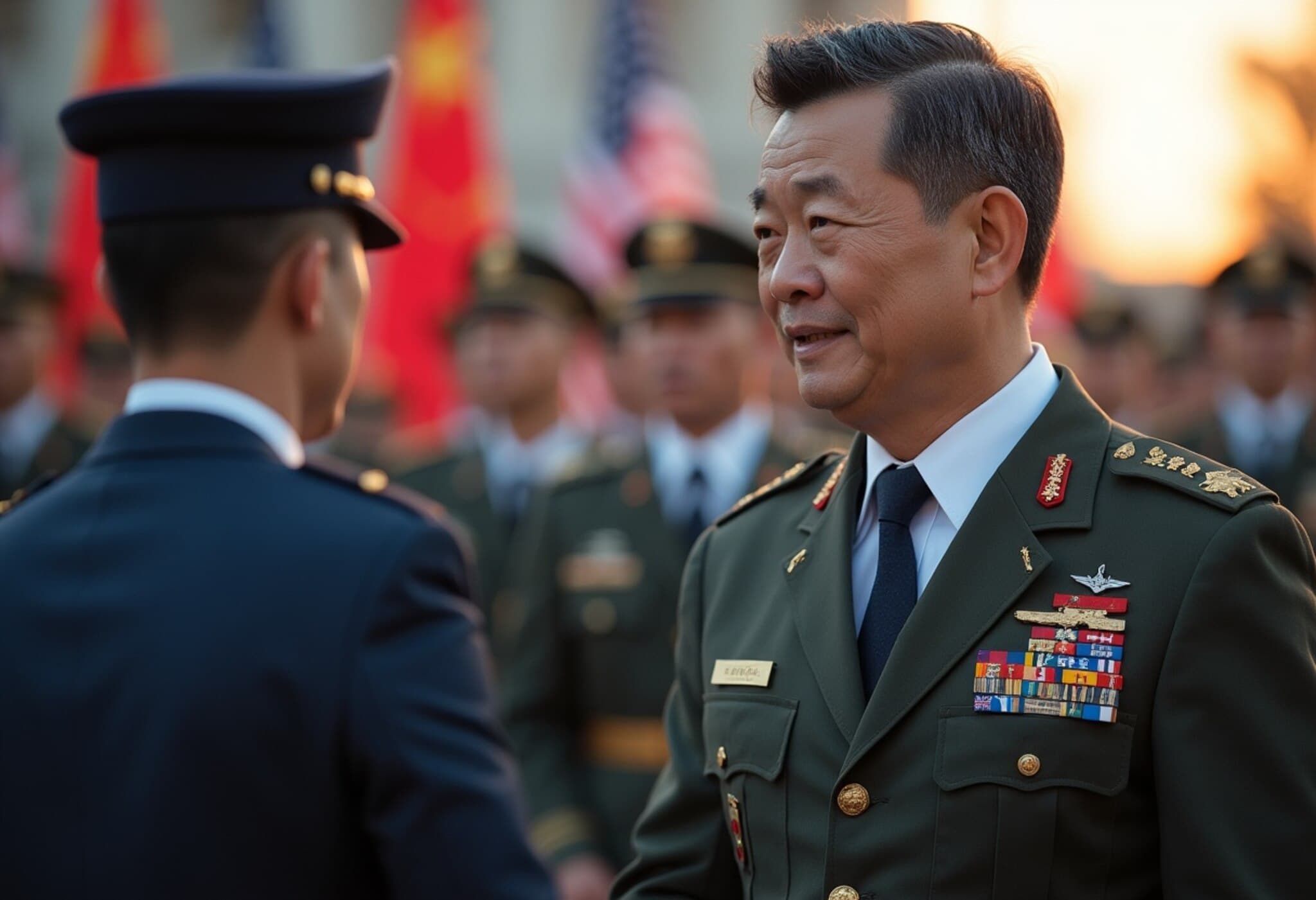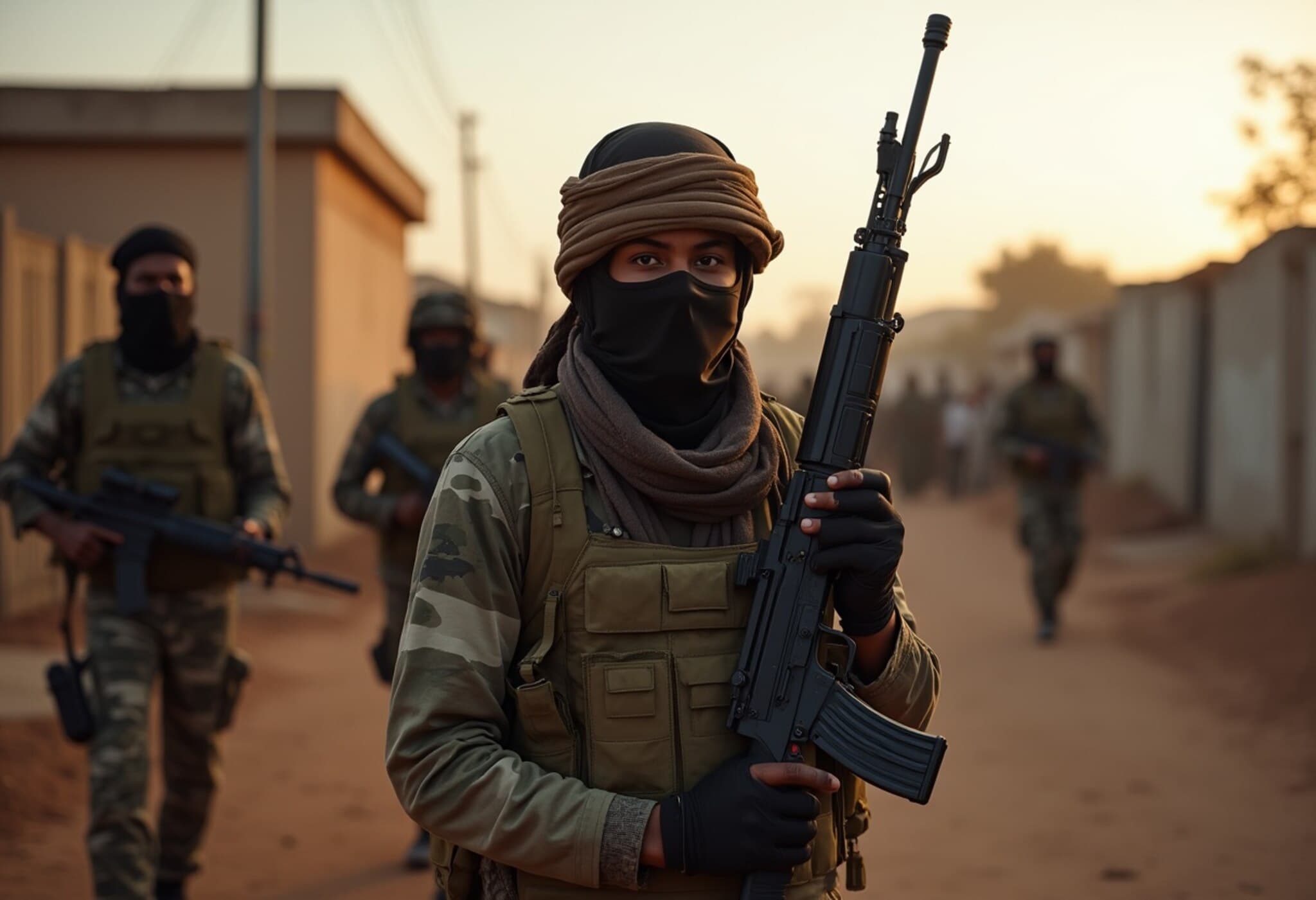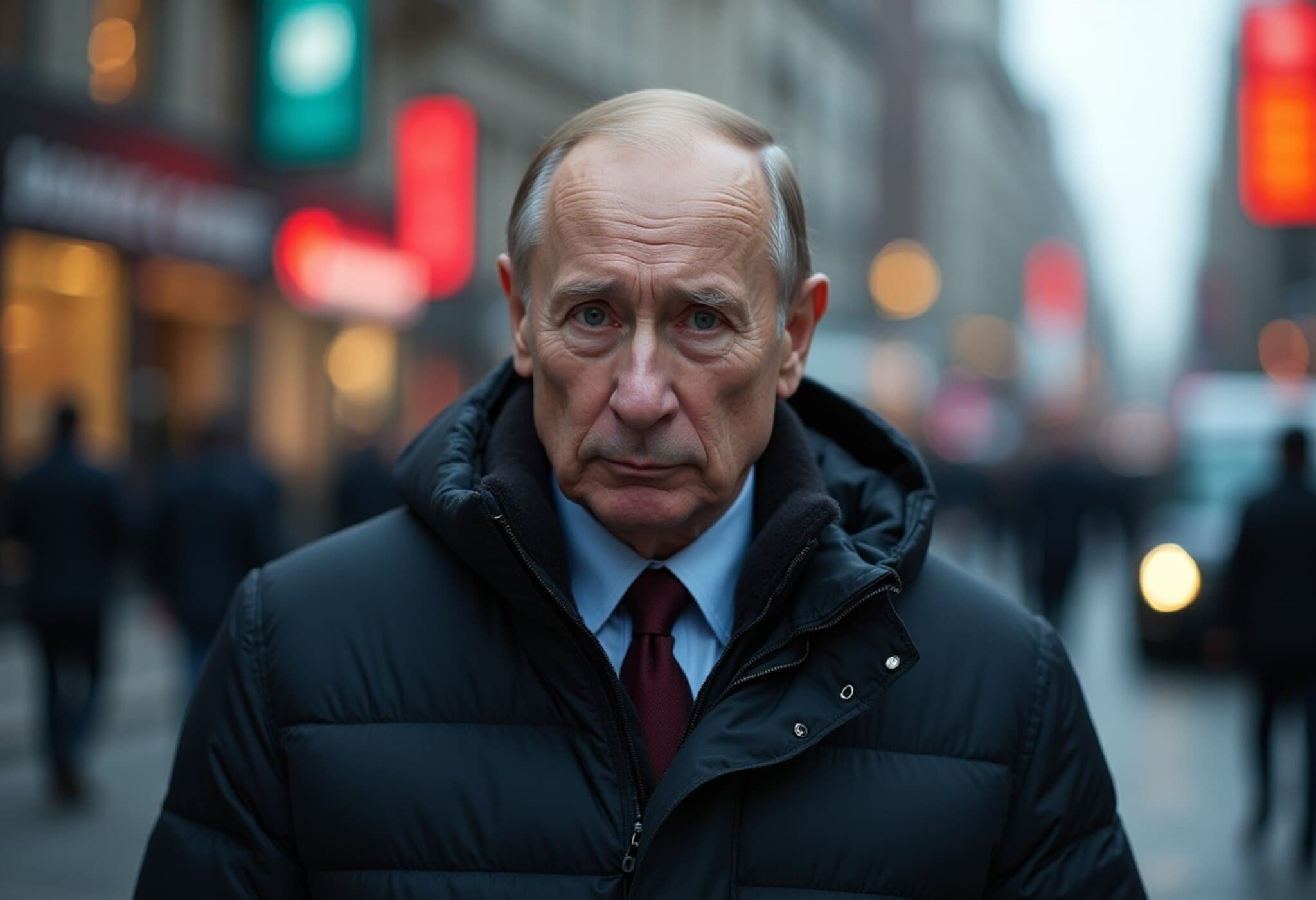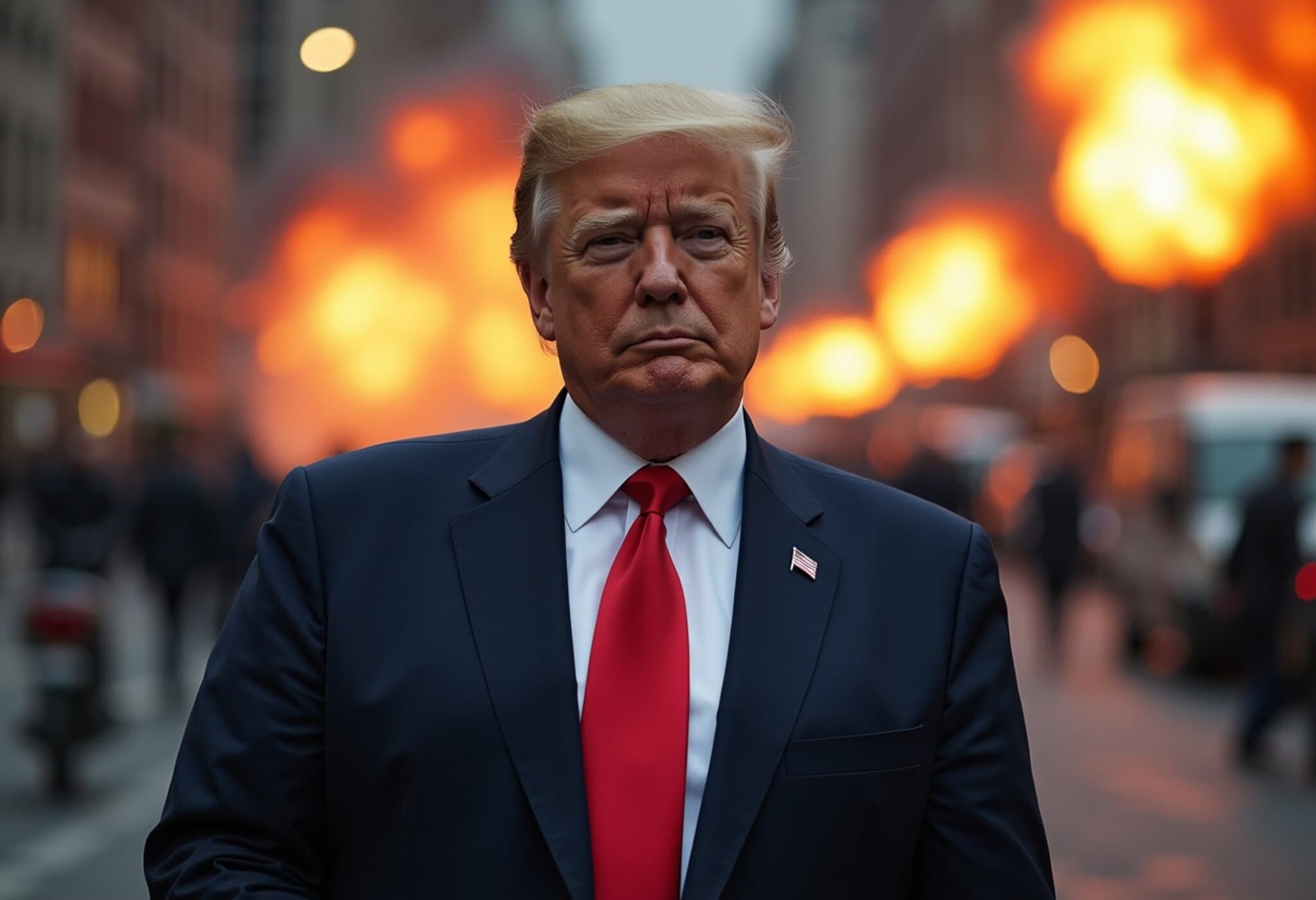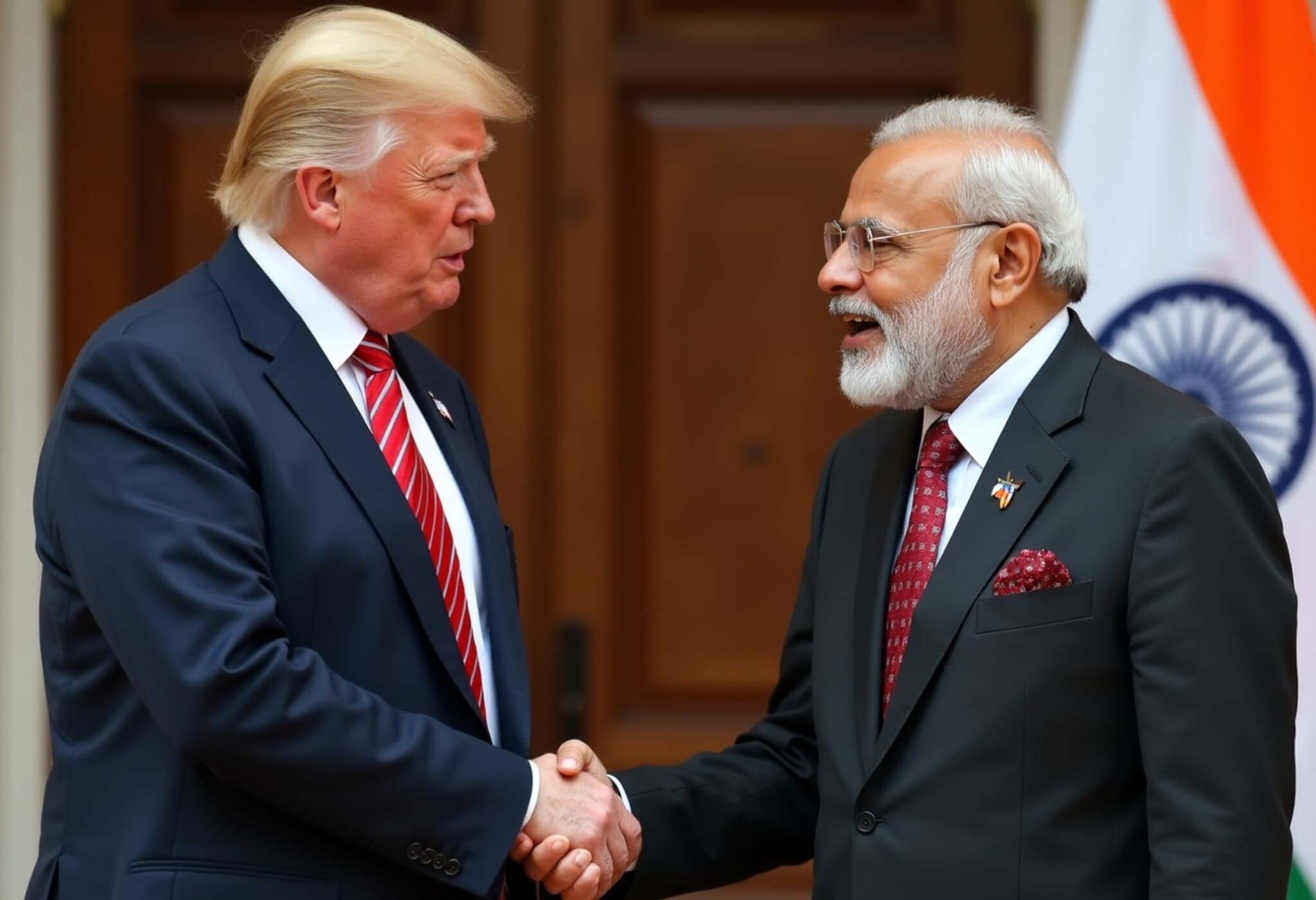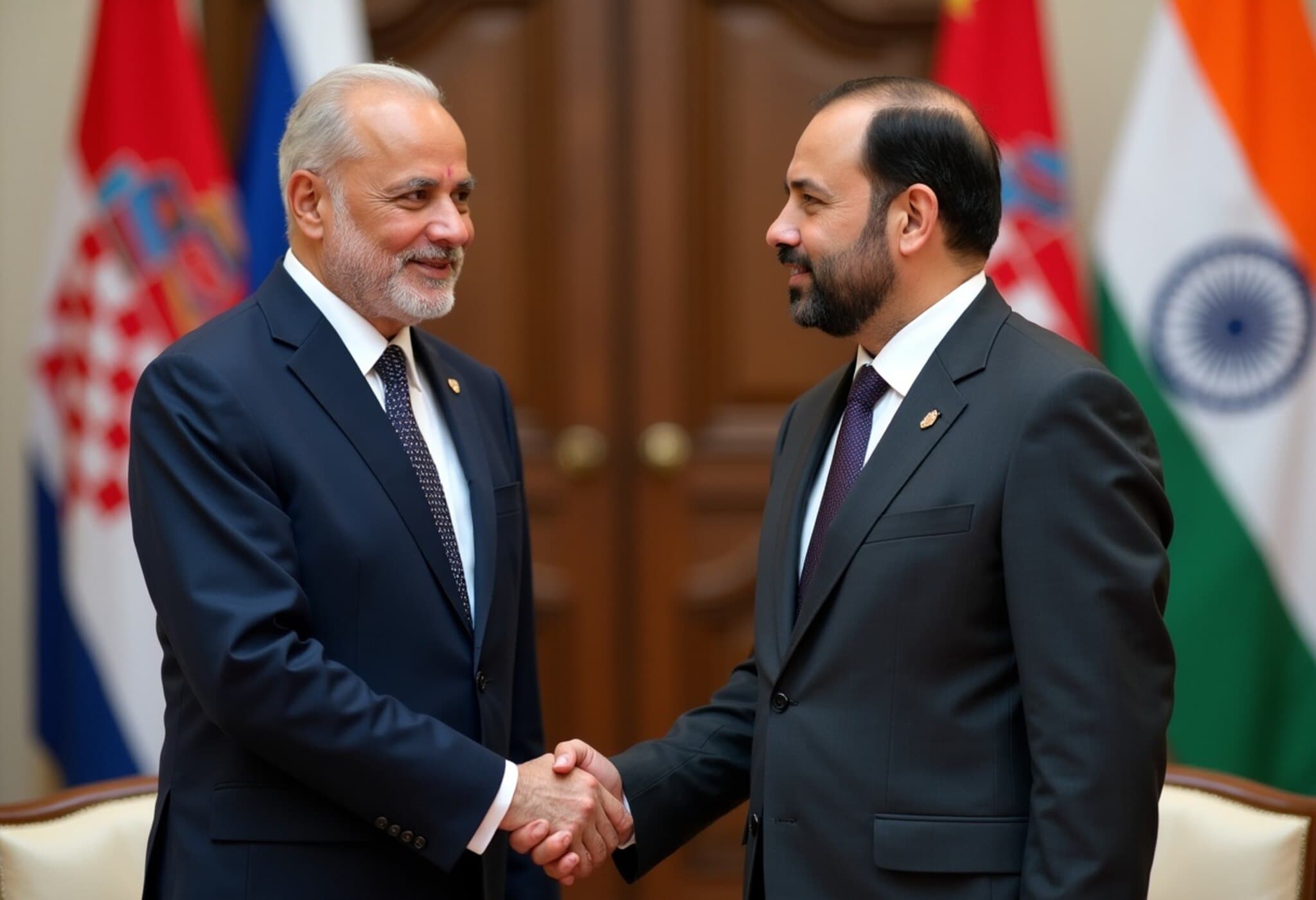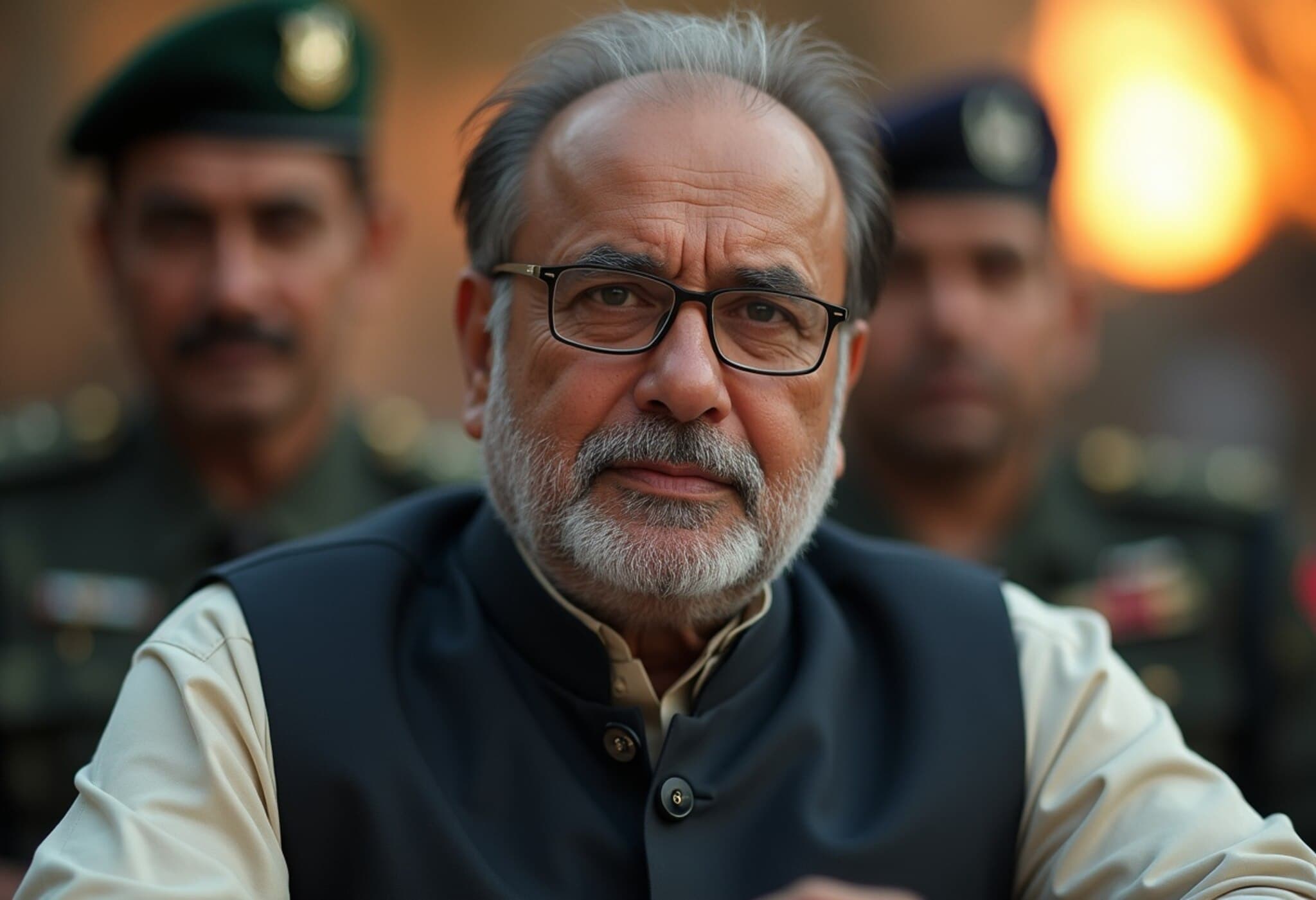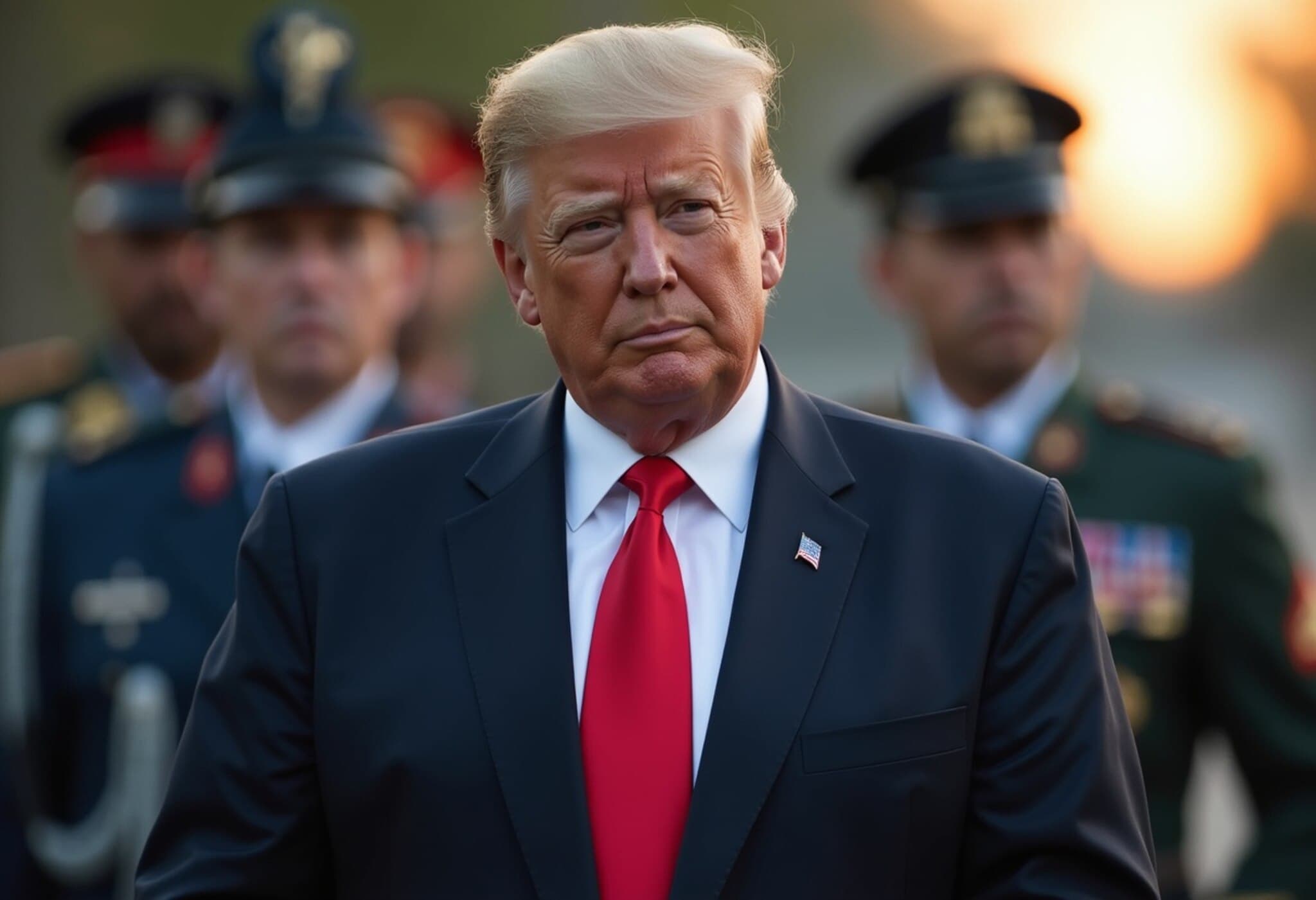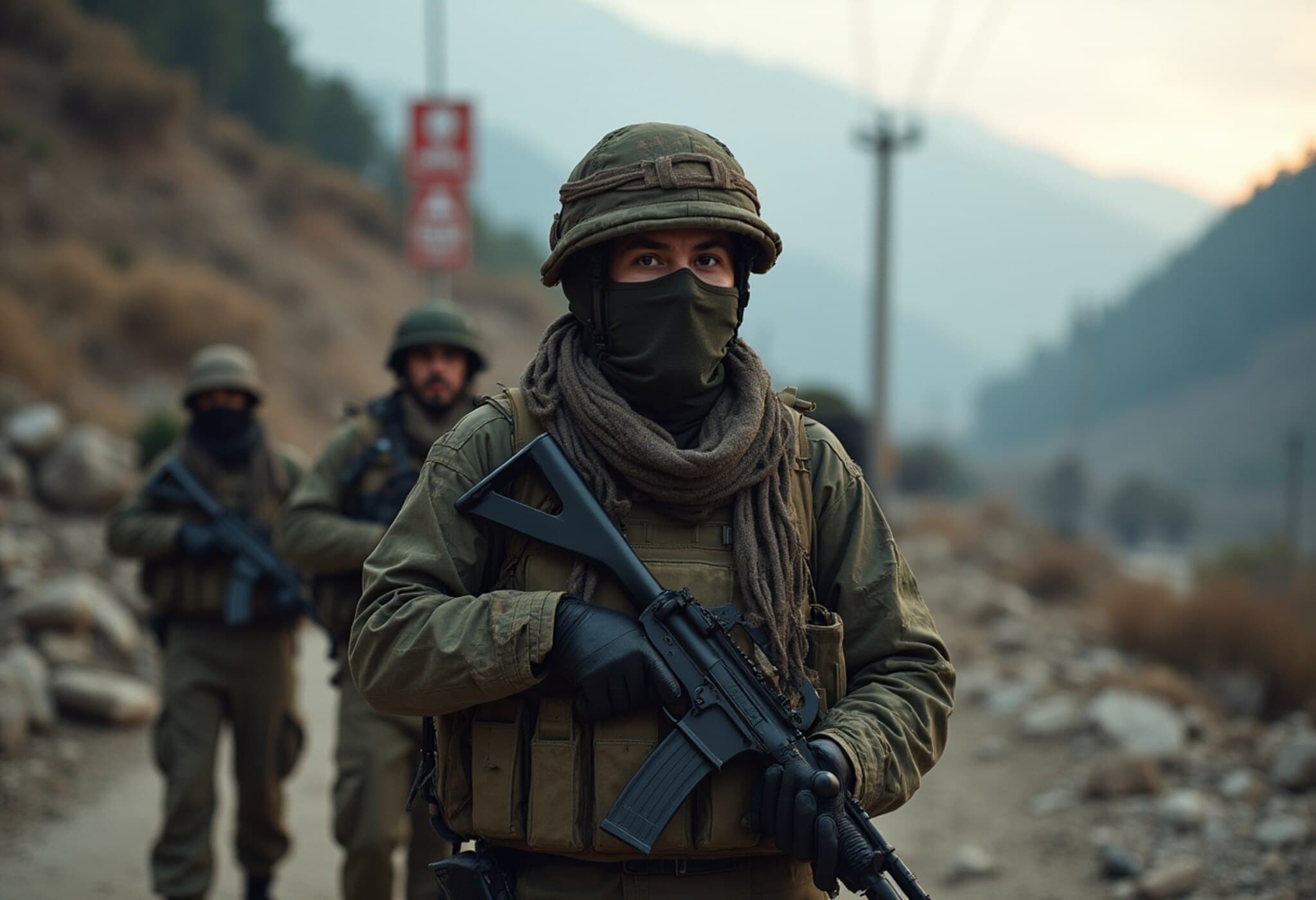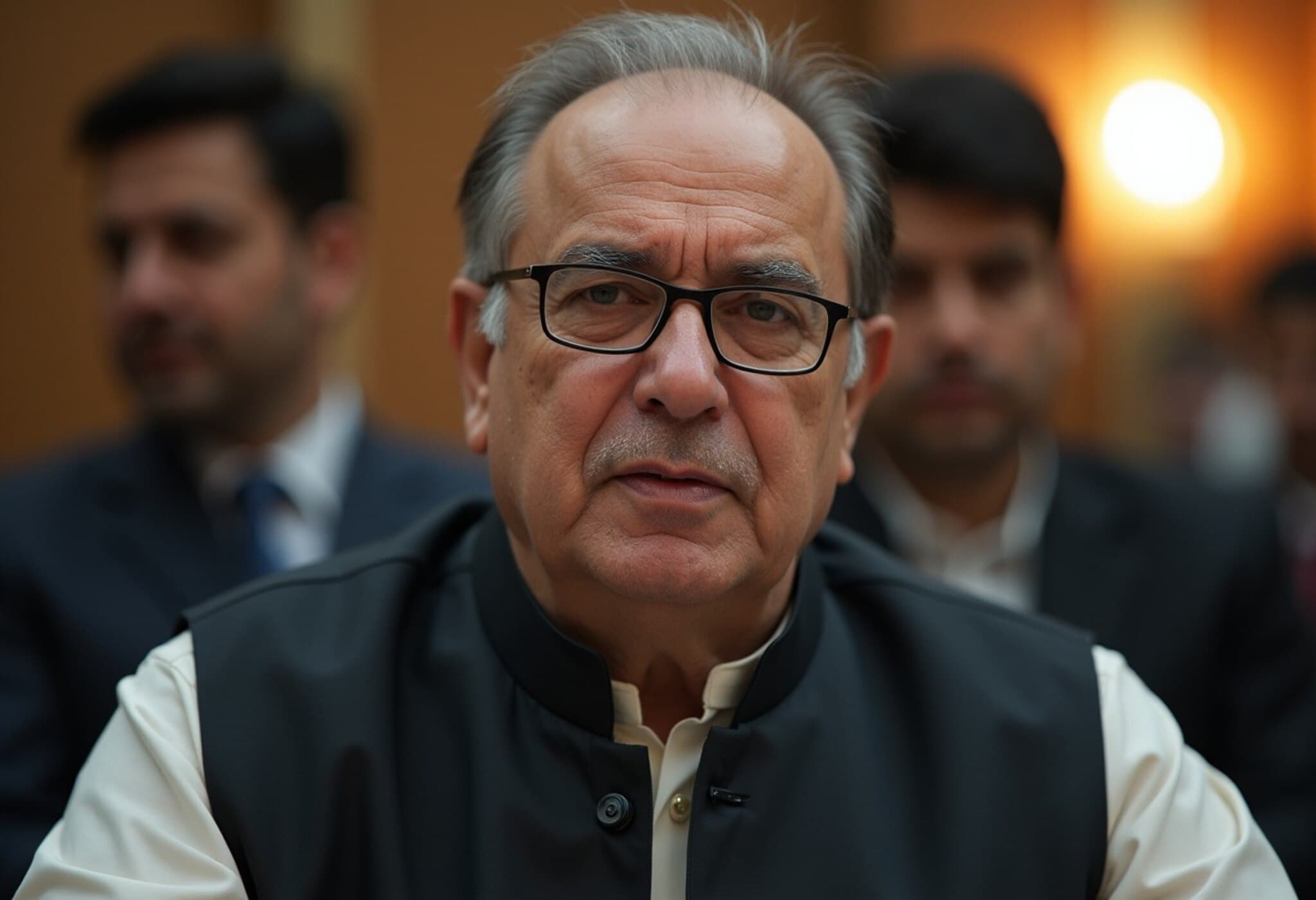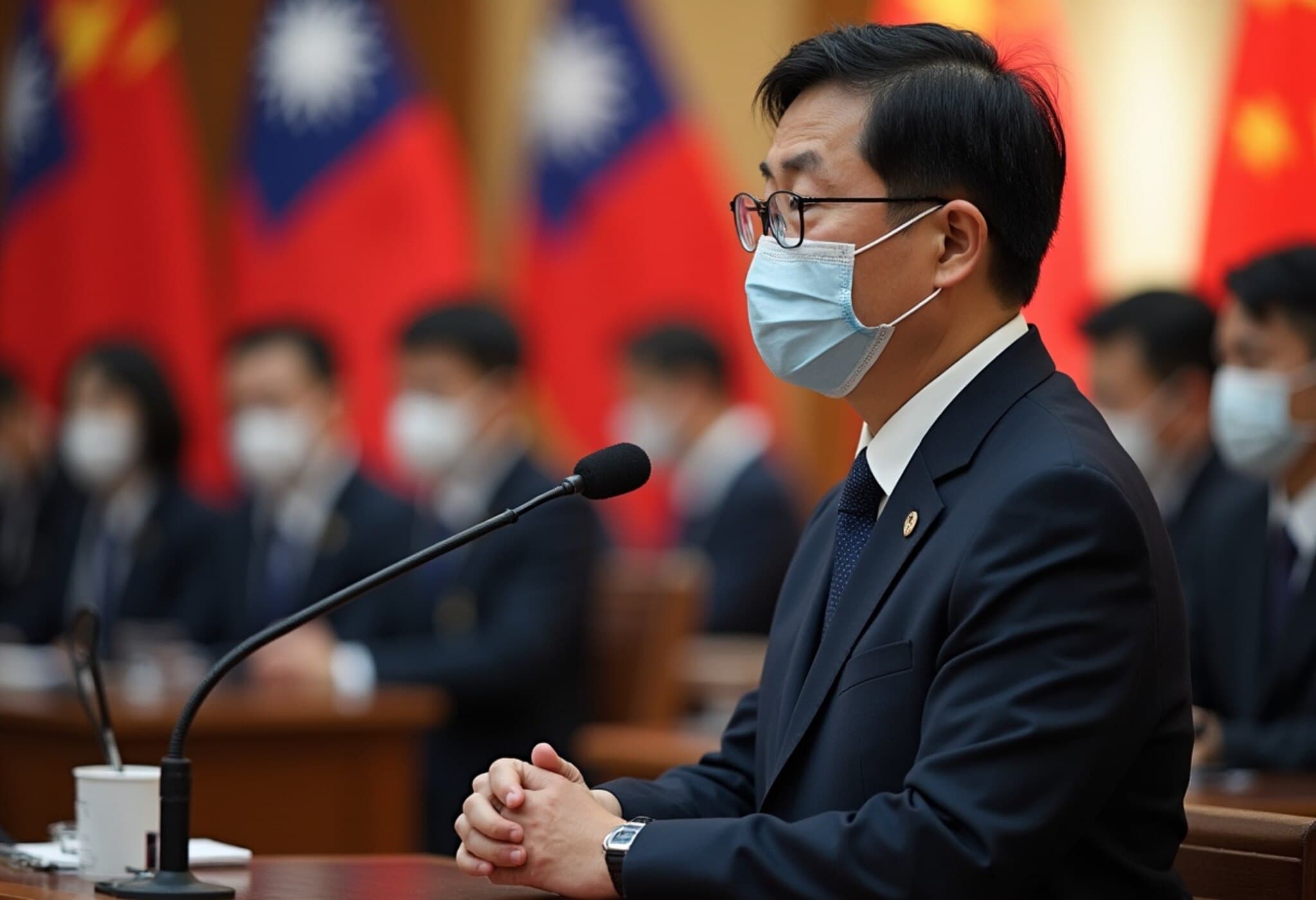US Praises Pakistan’s Counterterrorism Partnership Days After TRF Designation
In a notable development reflecting the complex dynamics of South Asian security, US Secretary of State Marco Rubio publicly lauded Pakistan’s role in combating terrorism during a high-profile meeting with Pakistan’s Deputy Prime Minister and Foreign Minister Ishaq Dar in Washington on July 25, 2025. This exchange came just days after the United States officially designated The Resistance Front (TRF) — linked to the Pakistan-based terrorist group Lashkar-e-Taiba (LeT) — as a Foreign Terrorist Organisation (FTO) and a Specially Designated Global Terrorist (SDGT).
Enhancing Bilateral Relations and Regional Stability
The dialogue between Rubio and Dar centered on deepening the cooperative framework between Washington and Islamabad. Rubio expressed gratitude for Pakistan’s “partnership in countering terrorism and preserving regional stability,” emphasizing the strategic import of this partnership amid ongoing security challenges across South Asia and the broader region.
Further, the discussion included plans to expand bilateral trade relations, particularly in the critical minerals and mining sectors — areas gaining heightened global attention due to their role in emerging technologies and sustainable development.
Regional Security and Counterterrorism Efforts
Rubio highlighted Pakistan’s constructive role as a mediator with Iran and underlined the United States’ intention to hold the upcoming US-Pakistan Counterterrorism Dialogue in Islamabad this August. The aim is to intensify joint efforts against designated terrorist groups like ISIS-K, which continue to threaten stability in Afghanistan and beyond.
According to a statement from US State Department spokesperson Tammy Bruce, Rubio commended Pakistan’s commitment to regional peace, indicating a nuanced US approach that seeks collaboration despite persistent tensions involving terrorism concerns.
Context: The TRF Designation and Its Implications
The TRF designation stems from its claim of responsibility for the April 22, 2025, attack in Pahalgam, Jammu and Kashmir, which resulted in 26 fatalities. This move reflects Washington’s strategic recalibration to clearly identify and sanction groups linked to militant networks operating from or supported by Pakistani territory.
This development creates a paradox: while the US formally recognizes TRF as a terror proxy, it simultaneously praises Pakistan’s counterterrorism cooperation. This duality spotlights the intricate balancing act involved in US-Pakistan relations, where security interests, geopolitical alignments, and diplomatic engagement coexist amid mutual distrust and competing priorities.
Economic Dimensions: Focus on Critical Minerals
The emphasis on critical minerals underscores a forward-looking agenda within the bilateral relationship. With global demand soaring for essential elements like lithium, cobalt, and nickel — crucial for green technology, defense manufacturing, and digital infrastructure — Pakistan’s potential as a strategic supplier is increasingly acknowledged. Enhanced US-Pakistan cooperation in this domain could unlock economic opportunities while contributing to supply chain diversification coveted by Washington.
Expert Insight: Navigating a Delicate Partnership
Dr. Laura Chen, a South Asia security analyst at the Atlantic Council, remarks, "The US approach reflects a pragmatic understanding that isolating Pakistan completely is counterproductive. Balancing pressure on militant proxies with incentives for Pakistan’s constructive engagement is central to advancing regional peace and counterterrorism goals."
Nevertheless, substantive questions linger regarding the effectiveness of Pakistan’s counterterrorism measures and its ability to restrain militant groups operating within its borders. The upcoming Counterterrorism Dialogue in Islamabad will likely wrestle with these unresolved challenges.
Looking Ahead: Challenges and Opportunities
- Security Cooperation: The scheduled Counterterrorism Dialogue presents a critical forum for addressing cross-border terrorism and intelligence sharing.
- Trade Expansion: Meeting rising demand for critical minerals could forge a new dimension of US-Pakistan economic ties, leveraging Pakistan’s untapped natural resources.
- Regional Mediation: Pakistan’s role in Iran negotiations and Afghan stability remains pivotal but contingent on transparent diplomatic engagement.
Editor’s Note
The recent US move to designate TRF as a terrorist organization, coupled with public praise for Pakistan’s counterterrorism efforts, encapsulates the complexities of US foreign policy in South Asia. It raises essential questions about how alliance and accountability can coexist in a landscape riddled with distrust and conflicting interests. As Washington and Islamabad prepare for continued dialogue, observers must watch closely whether rhetoric translates into tangible progress against extremism, economic collaboration, and enduring regional stability.

